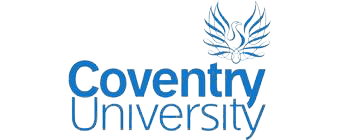MA English Literature is an exciting opportunity to study local and global literature, from the Renaissance through to the present day. Engaging with cutting-edge critical theories and through embodied learning, students will consider the importance of literature for the regional and global concerns of the twenty-first century. The analytical, critical, and research skills developed in this course prepare students for entry into a wide range of careers.
- You will have the option to apply for a ‘professional experience’ opportunity2, designed to further develop your skills and knowledge with the aim of maximizing your employability prospects. See modules for more information.
- Engaging with cutting-edge critical theories and through embodied learning, students will consider the importance of literature for the regional and global concerns of the twenty-first century.














